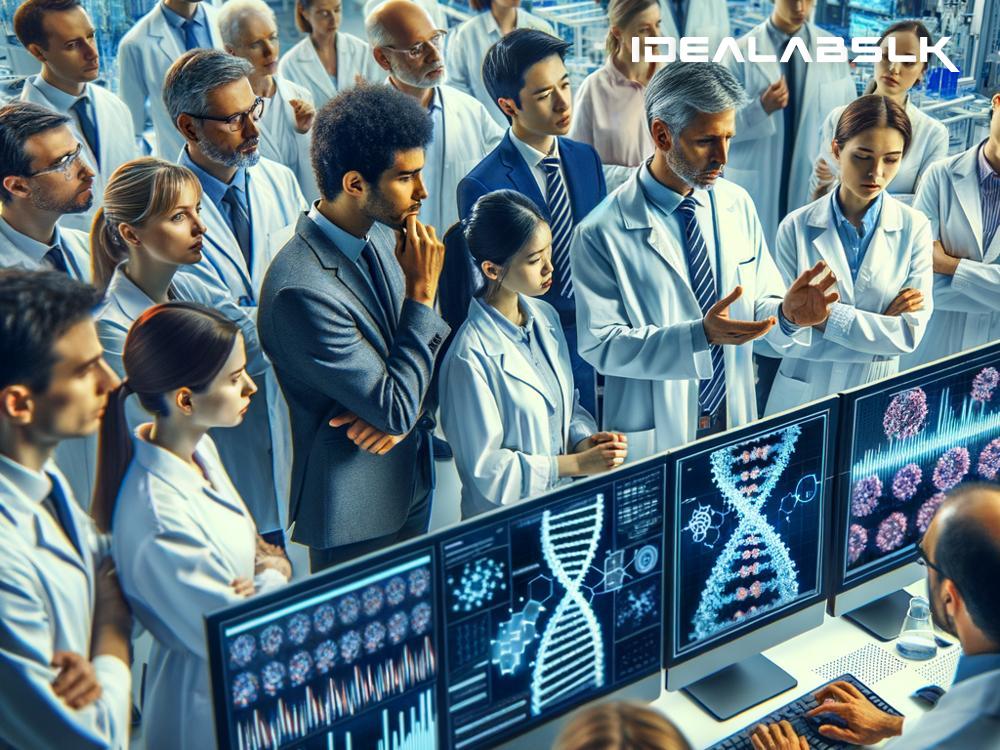Title: How Biotechnology is Revolutionizing Medicine: A Simplified Guide
In recent years, biotechnology has stormed the frontiers of medicine, offering groundbreaking technologies that promise to heal, treat, and even prevent illnesses in ways we once thought belonged to the realms of science fiction. But what exactly is biotechnology, and how is it transforming the medical landscape? At its core, biotechnology involves using living organisms, or parts of these organisms, to develop products that improve the health of humans and the planet. This article explores the incredible ways biotechnology has advanced medicine, making life better and healthier for millions of people worldwide.
1. Personalized Medicine: Tailored Treatments for You
One of the most exciting advancements in medicine, thanks to biotechnology, is the emergence of personalized or precision medicine. This approach uses information about your genetic makeup to tailor treatments specifically for you. Think of it as a custom-made suit, but for medical treatments. Personalized medicine can identify the most effective therapies for your unique genetic profile, drastically improving outcomes and reducing the likelihood of adverse reactions. For instance, cancer treatments are increasingly being customized to target specific mutations in a patient's tumor, leading to more effective and less toxic therapies.
2. Gene Therapy: Correcting Genetic Errors at Their Source
Gene therapy represents another monumental leap made possible by biotechnology. This technique involves altering the genes inside your body’s cells to treat or prevent disease. If you imagine your body as a complex machine, gene therapy aims to repair or replace the faulty parts (genes) causing the problem. Diseases that were once considered untreatable, such as certain types of blindness and genetic disorders, are now being tackled head-on with gene therapy, offering hope to patients and families affected by these conditions.
3. Vaccines: Shielding Against Disease Before It Strikes
Biotechnology has also played a crucial role in vaccine development, particularly in the swift response to the COVID-19 pandemic. Traditional vaccine development involves growing and then weakening or inactivating pathogens, a process that can take a long time. However, biotechnology has introduced new methods, such as using messenger RNA (mRNA) to instruct our cells to produce a protein that triggers an immune response without ever introducing the actual virus into our bodies. These innovative approaches have not only been instrumental in combating COVID-19 but also opened new avenues for vaccine research against other formidable diseases.
4. Regenerative Medicine: Repairing Damaged Tissues and Organs
Imagine having the ability to repair or even regenerate damaged organs and tissues. Through biotechnology, this is becoming a reality with regenerative medicine, which includes stem cell therapy and tissue engineering. Stem cells have the unique ability to develop into many different types of cells, offering the potential to replace damaged tissues in diseases such as Parkinson's, Alzheimer's, and diabetes. Tissue engineering takes this a step further by creating biocompatible scaffolds that can grow new tissues or organs in the lab to replace or repair damaged ones. This field holds immense promise for the future, potentially eliminating the need for organ transplants from donors.
5. Synthetic Biology: Engineering Microorganisms for Good
Synthetic biology, a field within biotechnology, involves redesigning organisms for specific tasks, such as producing pharmaceuticals, biofuels, or even detecting diseases. This technology has enabled scientists to engineer bacteria that can produce insulin for diabetes patients, for example. It's akin to programming microorganisms to perform useful functions, potentially transforming how we manufacture drugs and treat diseases.
The Future Is Now
The advancements in medicine brought about by biotechnology are not just futuristic concepts—they are happening now, changing lives, and reshaping our approach to health and disease. From the personalization of medicine to the engineering of life-saving drugs, biotechnology is at the forefront of medical innovation. It's a testament to human ingenuity and our relentless pursuit of a healthier world.
As we continue to unlock the mysteries of the human body and the natural world, biotechnology stands as a pivotal tool in our medical arsenal. The possibilities are as vast as they are exciting, offering a glimpse into a future where diseases may be treated more effectively, or perhaps even eradicated. Biotechnology has not just advanced medicine; it's revolutionizing it, offering hope and healing in ways we once only dared to dream.

